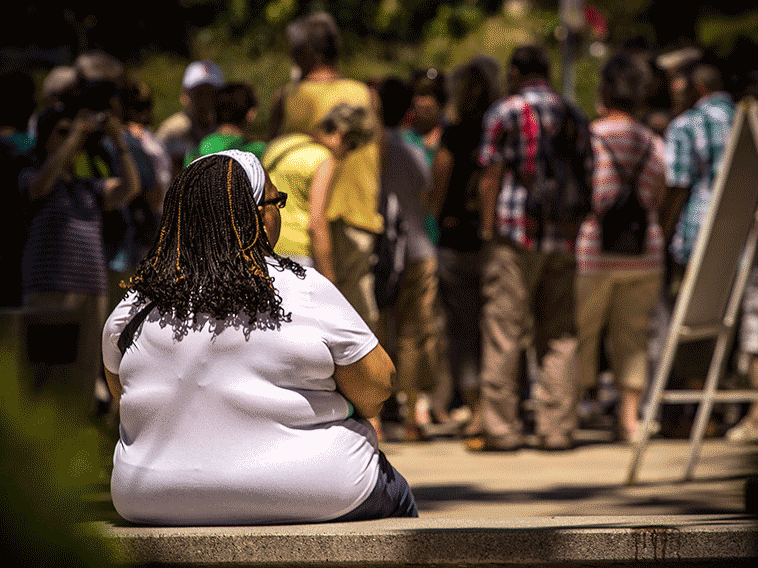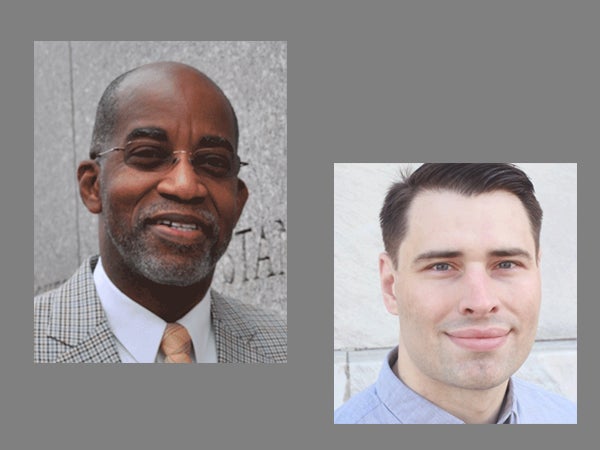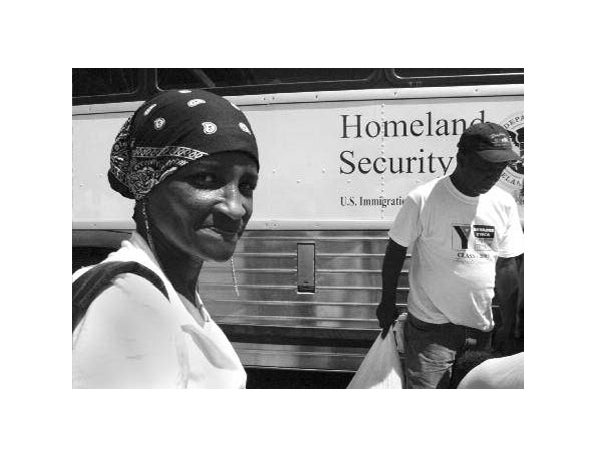A study focused on middle-aged and older Americans by Harvard Pop Center postdoctoral fellow Justin Rodgers, faculty members David R. Williams, Ichiro Kawachi, and S V Subramanian, along with their colleague Adolfo G. Cuevas, sheds light on the eight behavioral, biological, and psychological pathways commonly thought to play a role in the association between stress and health.
A closer look at discrimination and systemic inflammation, a key biomarker for stress-related illnesses
Harvard Pop Center postdoctoral fellow Justin Rodgers, and faculty member David R. Williams are among the authors of a critical review and synthesis published in Brain, Behavior and Immunity that summarizes the literature about discrimination and inflammation, explains the recent findings, and offers recommendations for future research.
Lessons from Hurricane Katrina on less obvious possible health impacts of COVID-19
Data from a longitudinal study of survivors of Hurricane Katrina could be helpful in predicting the more indirect health stressors of a pandemic. Ethan Raker, a Harvard Pop Center graduate student affiliate, Meghan Zacher, and Sarah Lowe, have published a study in PNAS that draws from their work on the RISK project. Their findings suggest that lapses in medical care and medication use, fear surrounding the well-being of loved ones,…
Prenatal social adversity associated with high-risk levels of inflammation in adulthood
According to a study co-authored by Harvard Pop Center affiliated faculty members Ichiro Kawachi, MD, PhD, and Laura Kubzansky, PhD, Harvard RWJF HSS Alumna Amy Non, PhD, and colleagues, prenatal social adversity was associated with a 3-fold risk for elevated levels of C-reactive protein (CRP) in adulthood, which indicates high risk of cardiovascular disease (CVD).
Youths and PTSD: Impact of media exposure following 2013 Boston Marathon bombing
Margaret Sheridan, PhD, a former Harvard RWJF Health & Society scholar, has published a study that could help to make it easier to identify youths most vulnerable to PTSD following a wide-scale traumatic event.
Older American workers more likely to be depressed after job loss than their European counterparts
In support of a recent study on job loss and depression in the USA and Europe published in the International Journal of Epidemiology and reported by CBS News, Harvard Pop Center Director Lisa Berkman has written a commentary. The HSPH researchers and their colleagues found that older American workers (aged 50-64) are more likely to experience depression after job loss than their European counterparts. In Berkman’s commentary, The hidden and…
The Association of Prenatal Life Stressors with PPD Diagnoses
Harvard Pop Center faculty member, Cindy Liu, looks at the association of prenatal life stressors with post-partum depression diagnoses in this study in Paediatric and Perinatal Epidemiology.
Daytime Trajectories of Cortisol: Demographic and Socioeconomic Differences – Findings from the National Study of Daily Experiences
Cortisol rhythms reflect demographic and socioeconomic differences finds a study by Esther M. Friedman, Pop Center Robert Wood Johnson Foundation Health & Society scholar.


